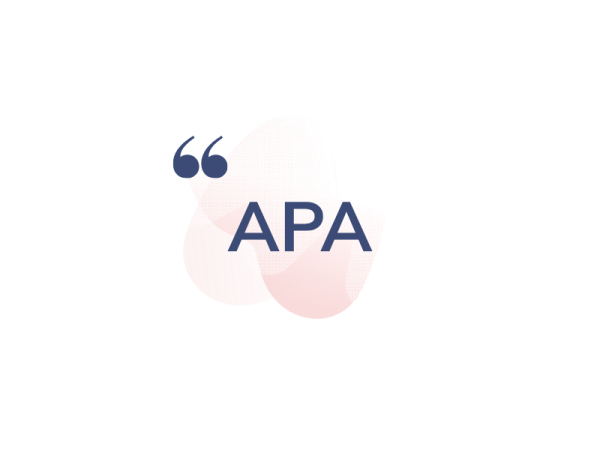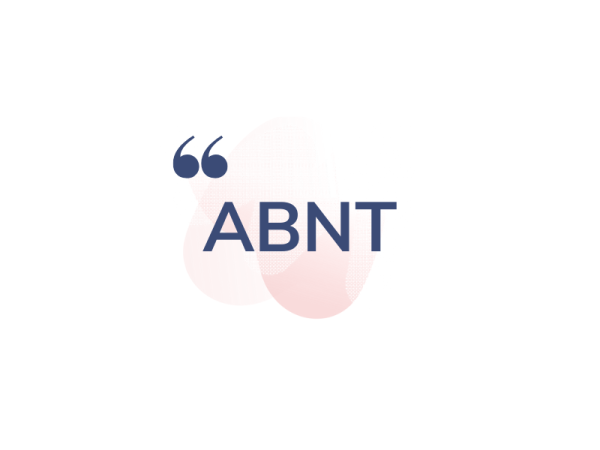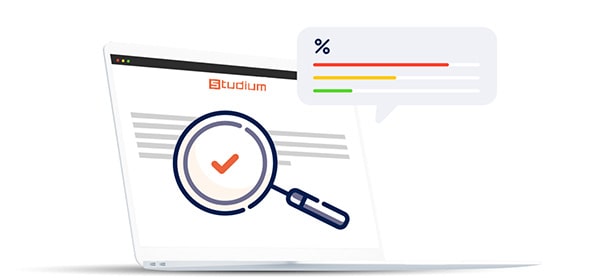Nowadays, ChatGPT is an integral part of our daily lives. Whether you're searching for a dinner recipe or comparing the best smartphones on the market, it's a tool that simplifies our tasks.
As a student, it's entirely reasonable to consider using it to assist in writing your thesis.
But how should you use it? Should you disclose the prompt used? And most importantly, how do you cite ChatGPT correctly?
This article answers all your questions by revealing how to cite ChatGPT according to your institution's bibliographic standards (APA, MLA, Chicago, etc.).
Summary:














